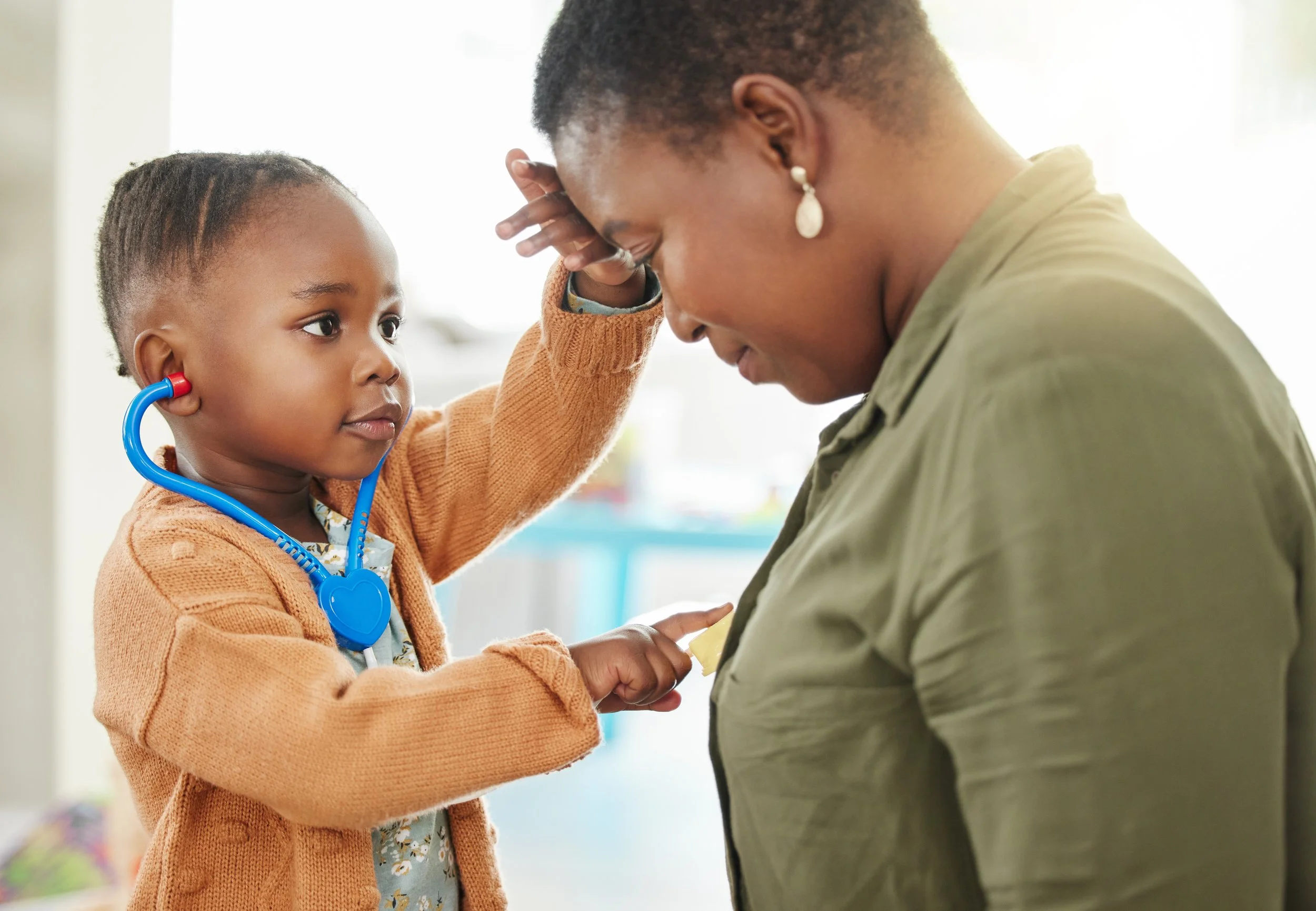Literacy isn’t just ELA; literacy is health
Did you know maternal level of education is one of the strongest predictors of literacy outcomes for young children? Further, research indicates that people who have low literacy are expected to live shorter lives.
This is the kind of perspective you get when you view literacy as a public health issue, rather than simply a schooling issue. That perspective is exactly what Arianne Weldon brings to the Deal Center as Chair of our Governing Board.
“We’re always on the lookout for underlying factors that affect literacy outcomes, and there are so many things that can be done about these indicators,” she said. “A holistic approach to language and literacy ties us all together in this work.”
Arianne Weldon at the Governor’s Summit on Early Language and Literacy.
Arianne Weldon is Strategic Innovation Manager and Get Georgia Reading Campaign Director at Georgia Family Connection Partnership (GaFCP). She’s also a founding member of the Deal Center’s Governing Board.
With a background in public health, Weldon’s work with GaFCP for over 20 years has centered on population-based and evidence-supported practice and policy. Her areas of focus include maternal and child health—including early birth outcomes—all of which are deeply connected to a child’s language and literacy development.
“I continue to focus on improving maternal and infant health at a population and systems level,” Weldon said. “When you improve women’s health, that improves everyone’s health—children and the family.”
Her path expanded when she began to see how closely language and literacy are tied to those same family outcomes. She has applied that understanding to research, advocacy, and systems change in the language and literacy sector ever since.
“We wanted to see if there was a significant link between pre-term birth and early literacy outcomes and we found a significant effect,” Weldon said. “That means we have more approaches, more partners, than we realize—it takes everyone.”
“That was just the beginning,” she said.
In 2013, inspired by a deeper understanding of the symbiotic nature of health and literacy, Weldon coined the term “language nutrition” to illustrate the vital role of frequent, positive, language-rich social interactions in nurturing brain growth and language development.
“These interactions are what we call language nutrition,” Weldon said.
The concept has gained national and international recognition and is now widely applied across health and education research and practice.
That same year, Weldon supported leaders from across Georgia—including representatives from the governor’s office, education, health, advocacy organizations, and more—in developing a statewide framework for action that became the cornerstone of Get Georgia Reading.
Grounded in research, the framework is underpinned by four pillars—language nutrition, access, positive learning climate, and teacher preparation and effectiveness. Together, these pillars define the conditions that must be in place for all children to be on a path to literacy.
The Deal Center’s two grant initiatives, Community Coalition and Implementation Research, are intended to help create those conditions in Georgia.
“The four pillars continue to serve as Georgia’s shared language and understanding, sparking innovation, fostering unprecedented partnerships, and preventing the tendency to drift toward working separately,” Weldon said. “I’m so proud of how the Deal Center has grown and taken on leadership—it’s incredible and I think it does represent the vision Mrs. Deal had.”



